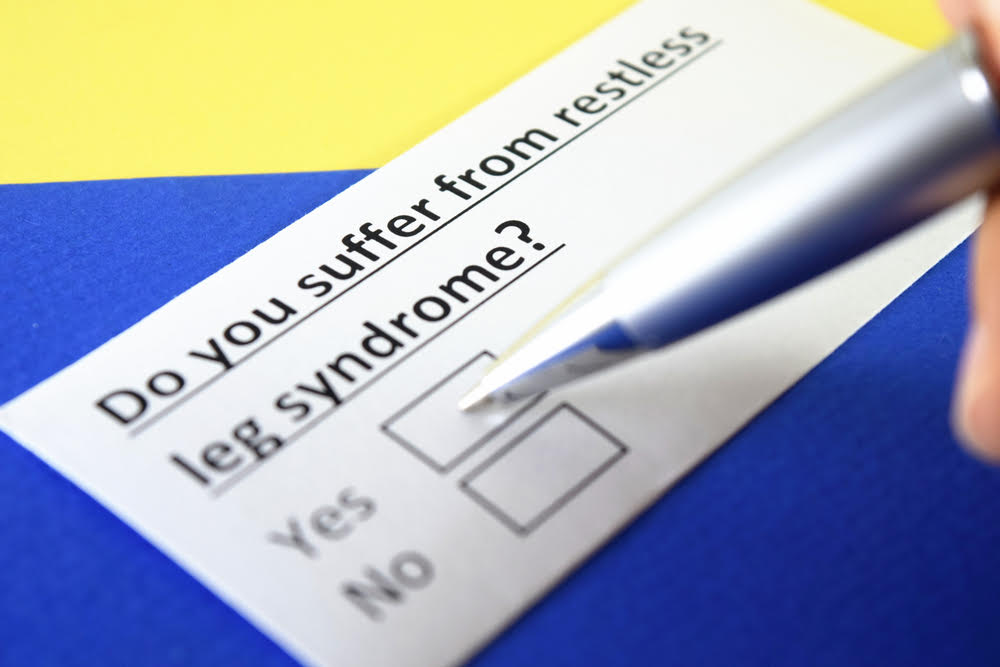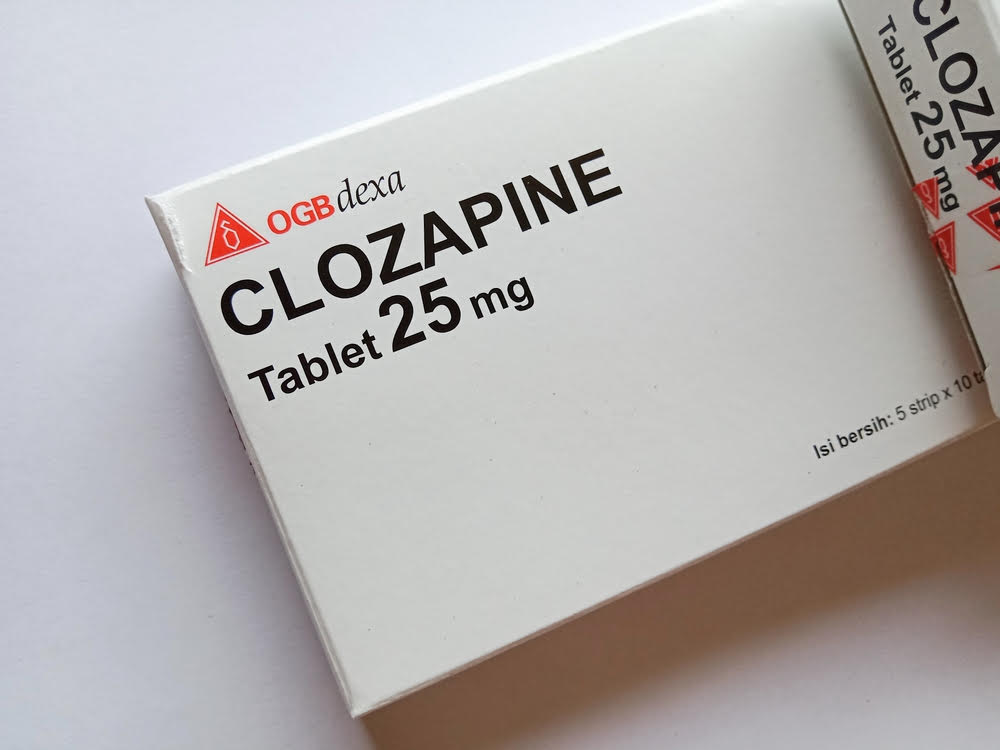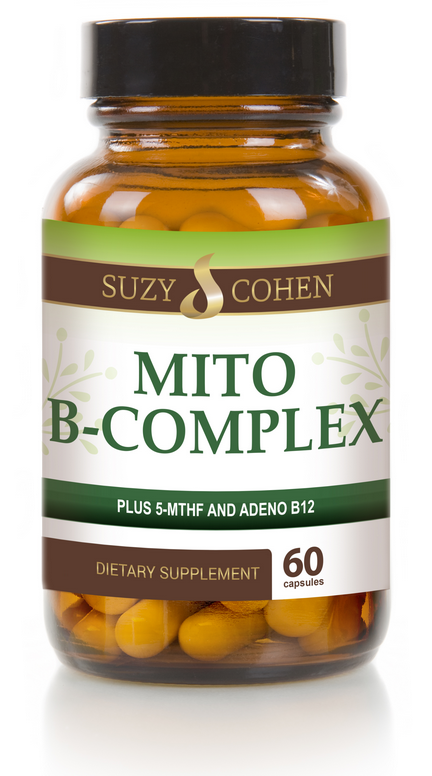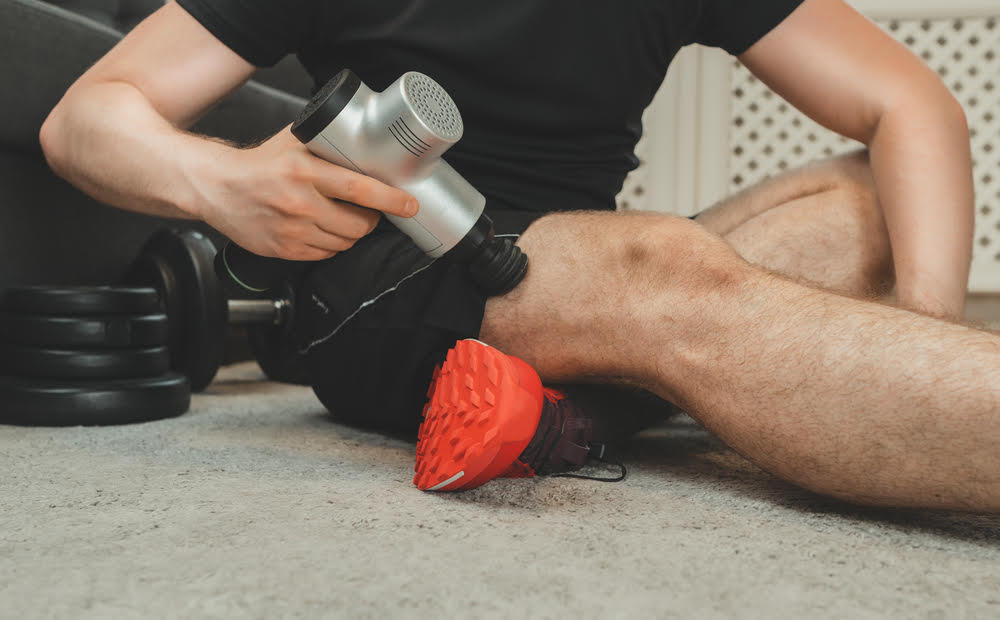What's On This Page?
ToggleWhat are akathisias?
People have actually killed themselves over this condition. To most people, it is nothing more than a word… until they have experienced it firsthand. The sensation of akathisia varies from person to person, and the way you experience it can change every few minutes or hours.
Psychiatrists or other practitioners who don’t understand this condition can make it worse by emotionally traumatizing you, insulting you, or dismissing you as a hypochondriac. I believe the lack of empathy associated with this condition, which is like restless legs syndrome (RLS) times a thousand, is why a lot of people check out in the wee hours of the night when the symptoms escalate. As a rule, this feeling – which has been compared to insects crawling under your skin – gets worse at midnight and lingers until morning, but this is not a hard and fast rule.
Akathisias Explained!

Essentially, it is a feeling of agitation in your body, under your skin. It is pronounced like this: Ack-uh-thee-Zia. The ‘motor restlessness causes you to want to run or jump out of your skin, and if you keep moving it gets better.
When you sit still or try to sleep, it gets worse. But forget about sleeping, this problem will cause sleep deprivation for weeks, if you get even ONE hour at night, you’ll consider yourself lucky.
While it hasn’t happened to me, I’ve studied akathisias for a long time. My interest first piqued when I saw patients in my nursing homes attempting to describe the symptoms with tears in their eyes. In these patients, it was induced by the psychotropic medications or drugs used for Alzheimer’s or for sleep. Back then it was just a word to me, and a symptom that could be managed with new medications that didn’t affect the same receptors. While helpful, at that time I was not aware of a cure.
Today, I am confident that some of the treatment options below could be the “cure” you are so desperately seeking. I want to say that with caution because you will need your physician to advise you on this and to prescribe the medications that are right for you. (I have no idea what’s right for all of you, there are hundreds of thousands of you reading this all over the world!)
Akathisias can be beyond comprehension at times. People with Parkinson’s disease almost always develop them but it can happen to anyone, especially if you take medications known to cause it. People with RLS have some idea of this condition but it’s not the same as true akathisia because the akathasias will occur during daytime hours and are not limited to the legs like RLS.
While subjective, most sufferers will say their muscles feel like they are quivering, but you can’t see that. That makes it easy for an onlooker to be insensitive, and dismiss you or call you a hypochondriac. In my humble opinion, this condition is one of the most horrific symptoms to befall a person, and today’s article is my attempt to help you, and improve or even save your life.
As I mentioned before, some people with this condition choose to end theirs. I’m not being dramatic. The British Journal of Psychiatry reported akathasias as a probable contributing factor to suicide in patients with schizophrenia and other conditions back in 2006. Depending on how bad it is, people report some anxiety (well, naturally!) as well as an inability to relax, the need to pace or rock, or shift from foot to foot (if standing).
Akathisia is derived from the Greek language and means “not to sit.” There are many causes and knowing them might ultimately be your cure because for example, if your akathisias are related to a medication you take, then you can talk to your doctor about tapering or switching therapies.
Drug-Induced Akathisia
One of the most common drug categories to induce akathisias is the “neuroleptics” which are medications for psychosis, schizophrenia or other mental-health-related conditions.
This category of medications are known chemically as dopamine antagonists, and simply put they block your dopamine receptors. These drugs basically reduce dopamine intracellularly. When your body starves due to lower intracellular dopamine, a number of uncomfortable (okay, horrible!) symptoms result, including akathisias.
Some people experience akathisias as a result of their antidepressant or nausea medicine. Medications such as metoclopramide (Reglan), prochlorperazine (Compazine), and promethazine fall into that last category of nausea medicine.
We see a lot of akathisias during drug withdrawal from various medications including opioids (hydrocodone, morphine, oxycodone, etc.), barbiturati (phenobarbital), cocaine, benzodiazepine (alprazolam, clonazepam, lorazepam, diazepam, etc.) and alcohol. Withdrawal from these medications and others that affect your dopamine stores, can be a big cause for akathisias.
Those of you who have the courage to sober up after alcohol or drug addiction will experience akathisia, but this does go away as your brain and receptors start to heal. It could be just a few days or a few months, but it does go away, so hang on.
I want you to know there is an end to this discomfort so you don’t do anything hasty. Keep your faith, it will go one day go away. The akathisias are not permanent. They occur due to the sudden reduction in dopamine. Expect them to be worse between the hours of midnight and 5 am.
Here are some ideas that might help. The medications that I’ve listed are not right for each and every one of you. In fact, medication may work well for some of you, and do nothing (or cause more side effects for others). Keep in mind that my readership is into the millions, so I want to list as many options as I can think of so you have options to research and talk to your physician.
As a general rule, the treatment strategies for akathisias include anticholinergic medications, dopamine agonists, drugs that are “GABA-ergic” in nature, beta-blockers, benzodiazepines, and serotonin antagonists. Now, here are some ways to help you hack akathisias:
Medication Treatment For Akathisias
Clozapine-

This prescription pill is in the category of “antipsychotic” medications and among other activities in the body, it seems to help Parkinson-induced akathisias for some people. The dosage used in studies was about 25 mg taken once at night.
With medication, I always recommend you start low and titrate up because some of you might do okay on half of this dosage, whereas others might need 50mg or even more.
Clonidine 0.1mg tablet-
This is the generic of Catapres, and it’s sold by prescription only. Clonidine comes as a patch but I don’t recommend that for people with akathisias because you cannot gauge your dose very well. With a pill, you can break it in half or quarters, or you can take more than one pill as you titrate your dosage up.
Some people respond favorably to this medication, especially if they are experiencing akathisias due to alcohol or opiate withdrawal. It can make your limbs feel so heavy that you can barely use them. There was a small study back in 1984 in Psychiatry Research that evaluated clonidine in 6 patients; all 6 of them showed substantial improvement. Four of the 6 people went into “complete remission”, and incidentally, 2 of the patients showed improvement in their manic or psychotic symptoms during treatment with clonidine as well.
Diphenhydramine-
This is the generic to Benadryl which is sold over the counter. The dosages vary and even low dosages can help through the “anticholinergic” effects of this medicine. It has a strong drying effect on your body, and can make you feel a bit woozy so I’d recommend this be taken at night.
Certainly, do not take it during the day until you are well adjusted to it because it can make it very dangerous for you to drive. I’m a big believer in low dosages to start, so with your doctor’s permission you can always buy the pediatric liquid and take low dosages and build up, teaspoon by teaspoon until you can tolerate the capsules which come as 25 mg per capsules.
Pregabalin or Lyrica-
This prescription drug is often used for opiate or alcohol withdrawal with good effect. Problem is that some people report an increased sensation or new-onset akathisias. Keep your dose very low and note if this problem occurs for you. There is an article about this very topic (pregabalin-induced akathisias) published in The Annals of Pharmacotherapy 2013.
The strange and interesting thing is that this medication HELPS akathisias in many people so I want to list it here. It does not impact GABA receptors, so many of you coming off alcohol or benzodiazepines may find this medication helpful in countering the withdrawal effects of those two drugs. Never start at a high dose, instead titrate upward even if you have to dump half of the capsule (or more) out to begin with, and then keep working the dose up as tolerated. Keep a diary of your symptoms, sleep quality, and akathisias.
Herbs and Vitamins That HELPS Akathisias
Vitamin B6-
In 2004, there was a randomized, double-blind, placebo-controlled study published in The Journal of Clinical Psychiatry. This study was conducted in 2 mental health centers and the participants had drug-induced akathisias from taking antipsychotic medications.
These patients were really ill. The doctors supervised them and randomly divided the group to receive either placebo (inactive) or very high dosages of vitamin B6 (300 mg twice daily) which I would NEVER recommend to a regular person because that is a very high dose.
The study demonstrated that B6 could be useful for akathisias. B6 helps create more dopamine in the catecholamine pathway. It converts L-dopa directly into dopamine. Keep in mind, conditions of low dopamine (opiate withdrawal, Parkinson’s and D2 antagonist “neuroleptic” antipsychotics) all lead to the syndrome of akathasia.
I think trying 25 to 100mg of B6 might be okay, as this is sold over-the-counter in pharmacies nationwide. As an alternative, 20mg P5P is an option since that is the biologically active form of B6, and it’s sold online. I am not advising you, just offering some ideas for you to talk to your physician.
Nevertheless, many patients who suffer from acute akathisia fail to respond to treatment. In earlier studies, vitamin B6 was found to be effective in the treatment of neuroleptic-induced movement disorders. The purpose of this study was to evaluate the efficacy of vitamin B6 in the treatment of acute NIA. This is the first report of B6 as a treatment for NIA.
Lemon balm-
This can be helpful in alcohol or opiate withdrawal cases, it relaxes the body and can help with sleep, it is considered GABA-ergic meaning it raises GABA levels naturally.
Kava-
This is reportedly helpful for some people but I don’t have experience with it, and I’m not sure of the dose. Still, I want you to have it named for consideration. Kava is related to the black pepper plant, and it is well-documented to have a calming effect so it may relieve anxiety, restlessness, sleeplessness, and stress. The concern I have after studying this one is that if you withdraw from kava too fast, you may actually develop akathisias!
Just Make it Stop for a Minute!
While not the most scientific method here, I feel like you should have some palliative options in case you are reading this and afraid of nightfall. You can buy some of these things today and get relief right away, if only for a minute!
Eat something. It’s strange but it works. If you get up in the middle of the night and go eat something, the akathisias will often retreat.
Massage Blanket by Brookstone- My favorite recommendation for you. It’s a blanket but I’m suggesting it for your legs and it vibrates and this distracts the sensation for hours. Plug it in, lay it on your bed lower down so that when you rest, your legs are on top of it. This is top of the list because I think it could have the most dramatic effect for you.
Therasqueeze Pro – This squeezing sensation can feel great. The unit I recommend here may be relatively expensive compared to other options, but for some of you, it is the only thing that will work. This particular unit will do your thighs, but if it’s just your calves that are the problem, consider a smaller unit that doesn’t go up as high.
Pressure– If someone is with you, have him or her squeeze your arm or your leg, or put pressure on it. This might bring relief for a few minutes. It’s not going to have any lasting effect, but for some of you, even a minute of relief is sweet.
Shower- Taking a warm shower or bath could effect a change. Even adding Epsom (magnesium) salts to the bath could help, but experiment with that. It’s the heat of the shower that is important. The magnesium salts may or may not help. Some people have to take 4 showers between the hours of 1am and 6am to get through the night. Do what you need to do.
Massage- If someone can help you through the night, ask for a little massage on your legs or arms because this can help with the akathisias. Use as much pressure as you can.
Indian or Chinese burn. Do you remember this prank from when you were a kid? It’s done by grasping your unsuspecting friend’s forearm firmly in both hands and then twisting your hands in opposing directions. If you do this gently, without hurting the person, it could bring relief for a minute. The key is to very gently twist the forearm muscle (or calves) in opposite directions, you’re not actually trying to hurt the person!

Percussion or vibrating devices- These are sold online at Amazon or Brookstone and other retailers and having one of these to apply to your forearms or legs can be extremely helpful. They work instantly to soothe your muscles and help you get to sleep. There are so many of these, each uniquely different from one another. Ideally, you have one of these stores in your local mall so you can go try them before buying them, but if not, research some of the following:
This one is hard to use by yourself because it is very strong and kind of heavy. It’s better to have this for use when someone can run it on your legs and arms. It is a pretty awesome unit and I know that for sure because we have one of these. My husband’s keen chiropractic eye spotted it one day on Amazon and he bought it for me to use it on my back which gets sore from sitting around a lot and writing.
I tend to find myself hunched over the computer a lot, and so he’ll run this on my back for 3 minutes and it is pure heaven. For someone with akathisias it can take an awful night and turn it into comfort. I highly recommend this unit, even if it’s just to use from a long hike or sore yoga legs.
Whatever route you decide to take, I send you healing thoughts. Only you know how awful akathisias can be, and only you know how blessedly welcome relief… when it comes (and it will come!) will be.

Suzy Cohen, has been a licensed pharmacist for over 30 years and believes the best approach to chronic illness is a combination of natural medicine and conventional. She founded her own dietary supplement company specializing in custom-formulas, some of which have patents. With a special focus on functional medicine, thyroid health and drug nutrient depletion, Suzy is the author of several related books including Thyroid Healthy, Drug Muggers, Diabetes Without Drugs, and a nationally syndicated column.
